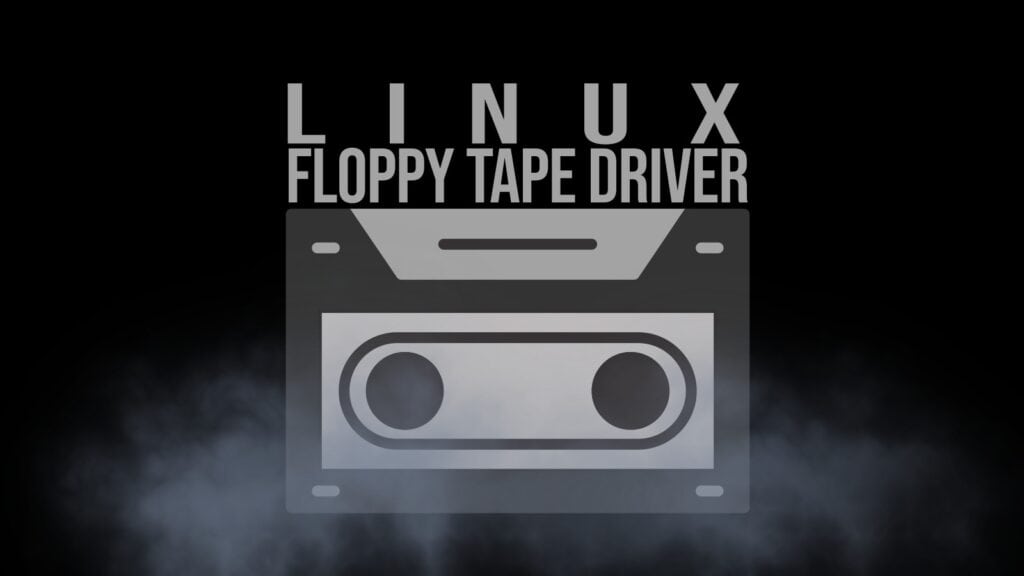AI isn’t some exotic novelty anymore—it’s a billion-dollar business, showing up in just about every kind of tech solution you can think of. And one of its biggest strengths is writing code, which has just been proven again. Here’s what it’s all about.
Sometimes old hardware just refuses to die, and with a little help from AI, a forgotten Linux kernel driver makes a comeback. I’m talking about the ftape driver, once widely used by individuals and small businesses in the 1990s for handling QIC-80 tape drives through the floppy controller, which hasn’t seen active support since around the year 2000.
For decades, anyone who needed to recover data from these vintage tapes had to boot into ancient distributions like CentOS 3.5 just to get the job done. For reference, the last official Linux kernel version with ftape included was 2.6.20.
But that changed recently when developer Dmitry Brant, lead engineer at Wikimedia Foundation, turned to Claude Code, an AI coding assistant from Anthropic, to modernize ftape. The goal was simple: make the driver compile against today’s Linux kernels, specifically 6.8, without requiring an outdated system.
After feeding in compiler errors and walking through logs, Claude systematically replaced deprecated kernel APIs, created a proper out-of-tree build system, and produced a working .ko module.
However, the surprising part wasn’t just that it worked, but how quickly it happened. What would normally have taken weeks of manual study and porting was reduced to just two evenings of back-and-forth with the AI. By iterating on compiler output and dmesg logs, Claude pinpointed issues and suggested fixes at a pace that isn’t possible for one person working alone.
According to Brant, the initial builds weren’t fully functional, but detailed dmesg logs revealed the problems. Once fixed, the module loaded correctly, recognized the hardware, and was able to dump data from test tapes — something that hadn’t been possible on a modern Linux system for decades.
And now, twenty-five years after its removal from the kernel, ftape is once again running on a current distribution, in the case of Brant, Xubuntu 24.04. So, does this experiment—and the old ftape kernel driver in particular—have any real practical value today? In 2025, probably not. But it does give us something to chew on: are we getting closer to a point where writing code by hand might become a thing of the past?
Lastly, on his blog, Brant described working with Claude Code as something close to collaborating with a junior engineer: enthusiastic, quick to suggest fixes, prone to mistakes, but also able to iterate rapidly and adapt based on feedback. That’s an interesting claim, and I’m sure it’s got people on both sides—some who support it and others who disapprove it. Who is right and who is wrong—well, only time will tell.
For those curious, the updated ftap Linux kernel driver lives on GitHub. Of course, it’s not part of modern kernels anymore, but if you really want to, you can still compile it yourself and load it into your system.

So they got rid of 32-bit support but are bringing back tape backup drive support… SMH!